Coastal Marine Protection, Use the Concept of the Existence of Ponds and Mangrove Forests | Webinars Series #1

[et_pb_section fb_built=”1″ admin_label=”section” _builder_version=”4.3.2″ custom_padding=”0px||0px||false|false” locked=”off” collapsed=”off”][et_pb_row admin_label=”row” _builder_version=”4.3.2″ background_size=”initial” background_position=”top_left” background_repeat=”repeat” custom_padding=”0px||0px||false|false”][et_pb_column type=”4_4″ _builder_version=”3.25″ custom_padding=”|||” custom_padding__hover=”|||”][et_pb_text _builder_version=”4.9.4″ text_orientation=”justified” custom_padding=”0px||0px||false|false”] FPIK, SEMARANG – The Department of Aquaculture, Faculty of Fisheries and Marine Science, Diponegoro University (FPIK UNDIP) introduced a new concept in marine coastal protection, namely mangrove forests and the existence of ponds for farmers. […]
Benefits of Diving Skills and Job Opportunities at the Faculty of Fisheries and Marine Sciences UNDIP
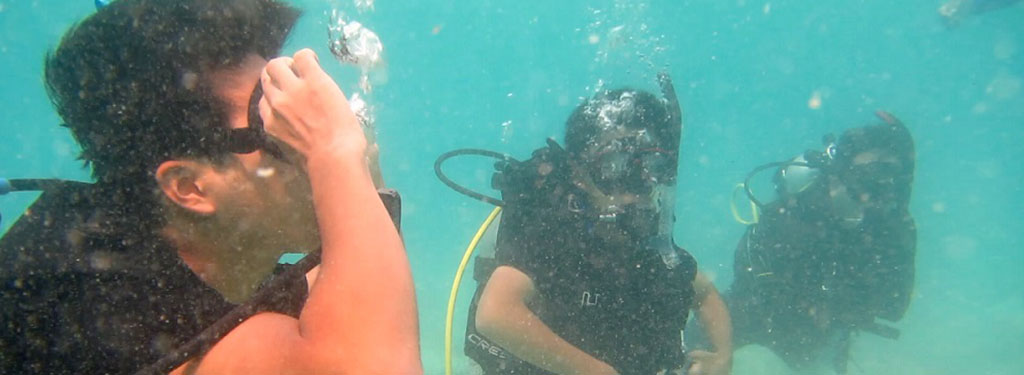
[et_pb_section fb_built=”1″ admin_label=”section” _builder_version=”4.3.2″ custom_padding=”0px||0px||false|false” locked=”off” collapsed=”off”][et_pb_row admin_label=”row” _builder_version=”4.3.2″ background_size=”initial” background_position=”top_left” background_repeat=”repeat” custom_padding=”0px||0px||false|false”][et_pb_column type=”4_4″ _builder_version=”3.25″ custom_padding=”|||” custom_padding__hover=”|||”][et_pb_text _builder_version=”4.9.4″ text_orientation=”justified” custom_padding=”0px||0px||false|false”] FPIK, SEMARANG – One of the programs owned by the Faculty of Fisheries and Marine Sciences, Diponegoro University (FPIK UNDIP) is a Diving Expertise training and certification program in the Karimunjawa Islands, Jepara. The program […]
FPIK Students and Japanese Students Repair Coral Reefs in Karimunjawa
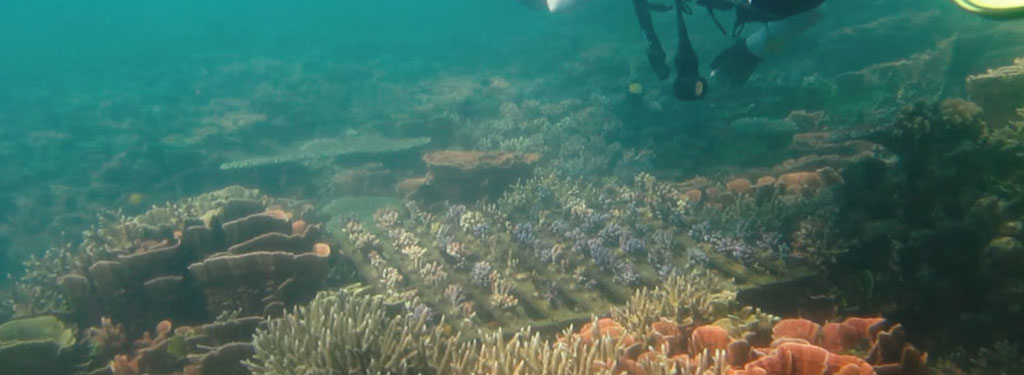
[et_pb_section fb_built=”1″ admin_label=”section” _builder_version=”4.3.2″ custom_padding=”0px||0px||false|false” locked=”off” collapsed=”off”][et_pb_row admin_label=”row” _builder_version=”4.3.2″ background_size=”initial” background_position=”top_left” background_repeat=”repeat” custom_padding=”0px||0px||false|false”][et_pb_column type=”4_4″ _builder_version=”3.25″ custom_padding=”|||” custom_padding__hover=”|||”][et_pb_text _builder_version=”4.9.4″ text_orientation=”justified” custom_padding=”0px||0px||false|false”] FPIK, SEMARANG – Lecture activities as well as training and certification of Diving Skills held by the Marine Science Study Program, Faculty of Fisheries and Marine Sciences (FPIK) of Diponegoro University (UNDIP) in the Karimunjawa […]
Times Higher Education Asia University Rankings 2021: UNDIP is ranked 6th in Indonesia
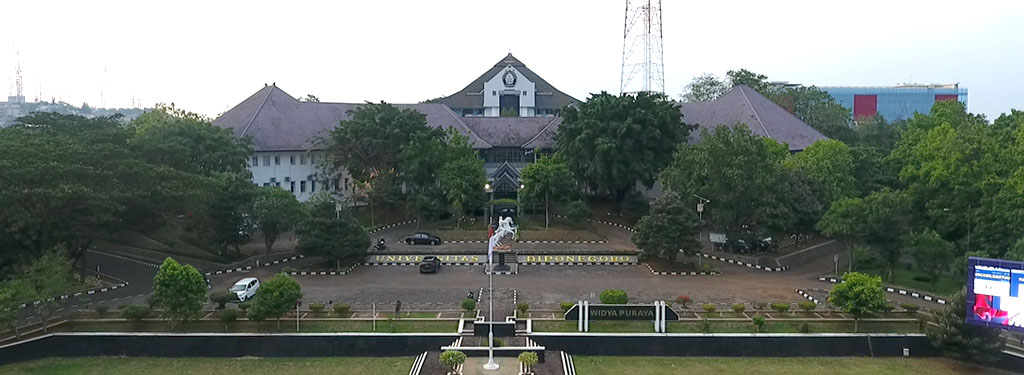
[et_pb_section fb_built=”1″ admin_label=”section” _builder_version=”4.3.2″ custom_padding=”0px||0px||false|false” locked=”off” collapsed=”off”][et_pb_row admin_label=”row” _builder_version=”4.3.2″ background_size=”initial” background_position=”top_left” background_repeat=”repeat” custom_padding=”0px||0px||false|false”][et_pb_column type=”4_4″ _builder_version=”3.25″ custom_padding=”|||” custom_padding__hover=”|||”][et_pb_text _builder_version=”4.9.4″ text_orientation=”justified” custom_padding=”0px||0px||false|false”] FPIK, SEMARANG - Times Higher Education (THE) again issued ranking results for the Asian level in early June 2021. The results put Diponegoro University (UNDIP) in 6th position in Indonesia and 401+ in Asia. The […]
Three Student Diver FPIK UNDIP Search for Drowning Victims in Kedung Ombo Reservoir to Received Appreciation from the Rector
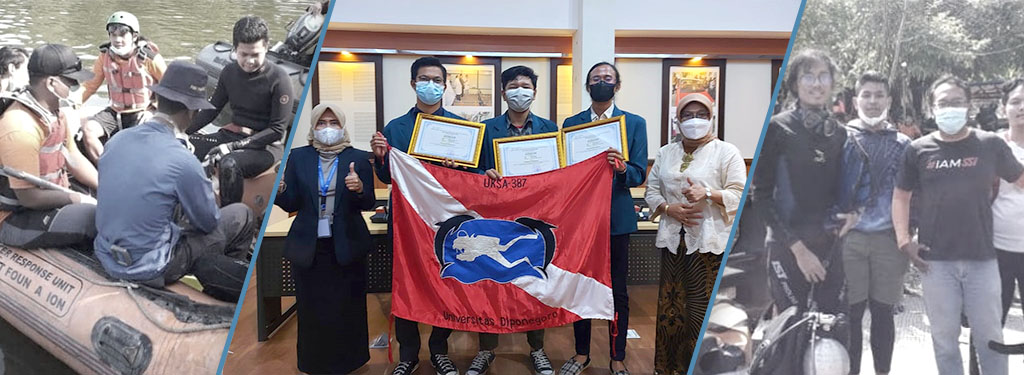
[et_pb_section fb_built=”1″ admin_label=”section” _builder_version=”4.3.2″ custom_padding=”0px||0px||false|false” locked=”off” collapsed=”off”][et_pb_row admin_label=”row” _builder_version=”4.3.2″ background_size=”initial” background_position=”top_left” background_repeat=”repeat” custom_padding=”0px||0px||false|false”][et_pb_column type=”4_4″ _builder_version=”3.25″ custom_padding=”|||” custom_padding__hover=”|||”][et_pb_text _builder_version=”4.9.4″ text_orientation=”justified” custom_padding=”0px||0px||false|false” hover_enabled=”0″ sticky_enabled=”0″] FPIK, SEMARANG – The sinking of the boat in the Kedung Ombo Reservoir, Kemusu District, Boyolali Regency has attracted a sense of humanity for everyone. One of them is three students from the […]
The Study Program of Fisheries Product Technology UNDIP Produces Quality Graduates
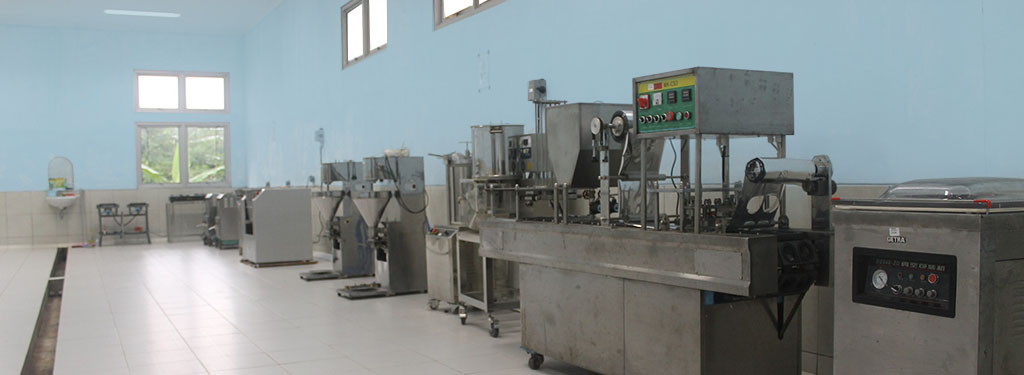
[et_pb_section fb_built=”1″ admin_label=”section” _builder_version=”4.3.2″ custom_padding=”0px||0px||false|false” locked=”off” collapsed=”off”][et_pb_row admin_label=”row” _builder_version=”4.3.2″ background_size=”initial” background_position=”top_left” background_repeat=”repeat” custom_padding=”0px||0px||false|false”][et_pb_column type=”4_4″ _builder_version=”3.25″ custom_padding=”|||” custom_padding__hover=”|||”][et_pb_text _builder_version=”4.9.4″ text_orientation=”justified” custom_padding=”0px||0px||false|false” hover_enabled=”0″ sticky_enabled=”0″] FPIK, SEMARANG – The Fisheries Product Technology (THP) Study Program of the Faculty of Fisheries and Marine Sciences (FPIK) Diponegoro University (UNDIP) is committed to producing a profile of COMPLETE qualified graduates with […]
Prof Tri Winarni: Exposing Masculine Impressions in FPIK UNDIP
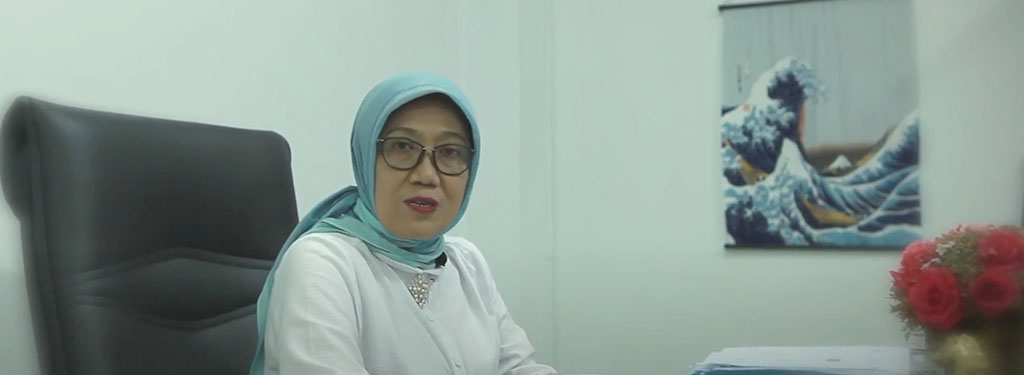
[et_pb_section fb_built=”1″ admin_label=”section” _builder_version=”4.3.2″ custom_padding=”0px||0px||false|false” locked=”off” collapsed=”off”][et_pb_row admin_label=”row” _builder_version=”4.3.2″ background_size=”initial” background_position=”top_left” background_repeat=”repeat” custom_padding=”0px||0px||false|false”][et_pb_column type=”4_4″ _builder_version=”3.25″ custom_padding=”|||” custom_padding__hover=”|||”][et_pb_text _builder_version=”4.3.2″ text_orientation=”justified” custom_padding=”0px||0px||false|false” hover_enabled=”0″] FPIK, SEMARANG – The momentum of the appointment of Prof. Ir Tri Winarni Agustini M.Sc, Ph.D as Dean of the Faculty of Fisheries and Marine Sciences (FPIK) Diponegoro University (UNDIP) for the 2019-2024 period […]
UNDIP Finalizes Face-to-Face Lecture Scenarios
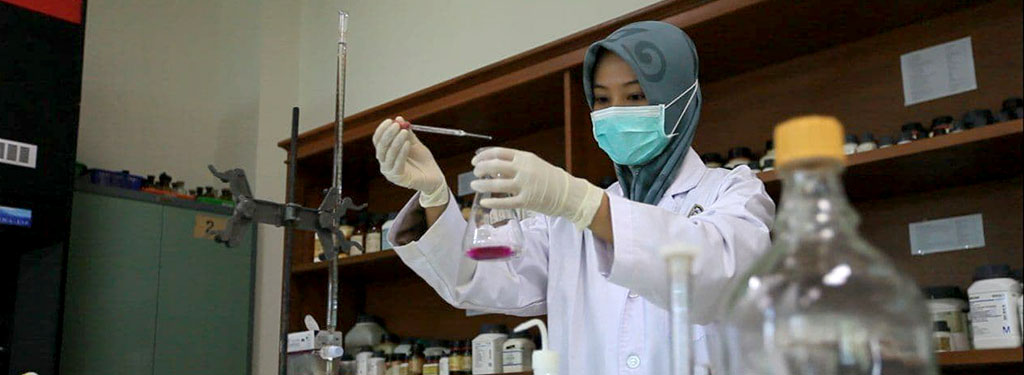
[et_pb_section fb_built=”1″ admin_label=”section” _builder_version=”4.3.2″ custom_padding=”0px||0px||false|false” locked=”off” collapsed=”off”][et_pb_row admin_label=”row” _builder_version=”4.3.2″ background_size=”initial” background_position=”top_left” background_repeat=”repeat” custom_padding=”0px||0px||false|false”][et_pb_column type=”4_4″ _builder_version=”3.25″ custom_padding=”|||” custom_padding__hover=”|||”][et_pb_text _builder_version=”4.3.2″ text_orientation=”justified” custom_padding=”0px||0px||false|false” hover_enabled=”0″] FPIK, SEMARANG – Diponegoro University (UNDIP) is finalizing the scenario for the implementation of Face-to-Face Lectures (PTM) which is likely to be held in July 2021. PTM maturation is carried out to minimize the […]
Period III of UNDIP Scholarship in 2021 Has Been Opened
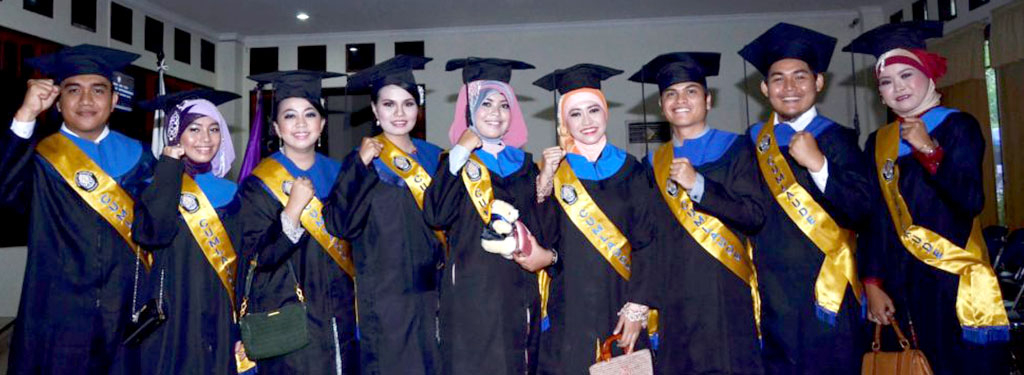
[et_pb_section fb_built=”1″ admin_label=”section” _builder_version=”4.3.2″ custom_padding=”0px||0px||false|false” locked=”off” collapsed=”off”][et_pb_row admin_label=”row” _builder_version=”4.3.2″ background_size=”initial” background_position=”top_left” background_repeat=”repeat” custom_padding=”0px||0px||false|false”][et_pb_column type=”4_4″ _builder_version=”3.25″ custom_padding=”|||” custom_padding__hover=”|||”][et_pb_text ol_position=”outside” ol_item_indent=”28px” _builder_version=”4.3.2″ ol_font=”||||||||” text_orientation=”justified” custom_padding=”0px||0px||false|false” hover_enabled=”0″] FPIK, SEMARANG – It was informed to all lecturers and teaching staff (tendik) in the Faculties / Schools / Units, that Diponegoro University will hold a Diponegoro University Scholarship Period III selection […]
FPIK UNDIP Promotes Expertise Diving Certification in Karimunjawa
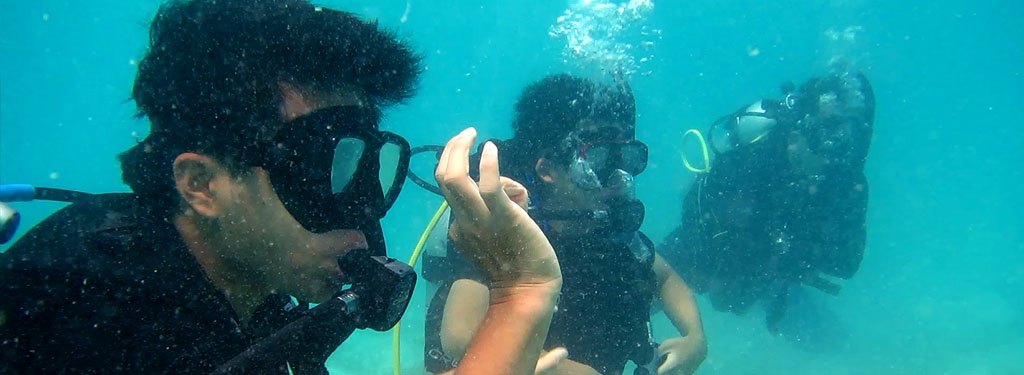
[et_pb_section fb_built=”1″ _builder_version=”4.3.2″ custom_padding=”0px||0px||false|false” locked=”off”][et_pb_row _builder_version=”4.3.2″ custom_padding=”0px||||false|false”][et_pb_column type=”4_4″ _builder_version=”4.3.2″][et_pb_text _builder_version=”4.3.2″ header_5_font_size=”10px” header_5_line_height=”1.2em” custom_padding=”0px||0px||false|false” hover_enabled=”0″ header_5_font_size_tablet=”” header_5_font_size_phone=”” header_5_font_size_last_edited=”on|desktop” text_orientation=”justified”] FPIK, SEMARANG – Competency Certification and Training Program which is one of the performance targets set by Diponegoro University (UNDIP) as the Legal Entity State University (PTNBH) with a target for the Faculty of Fisheries and Marine […]
